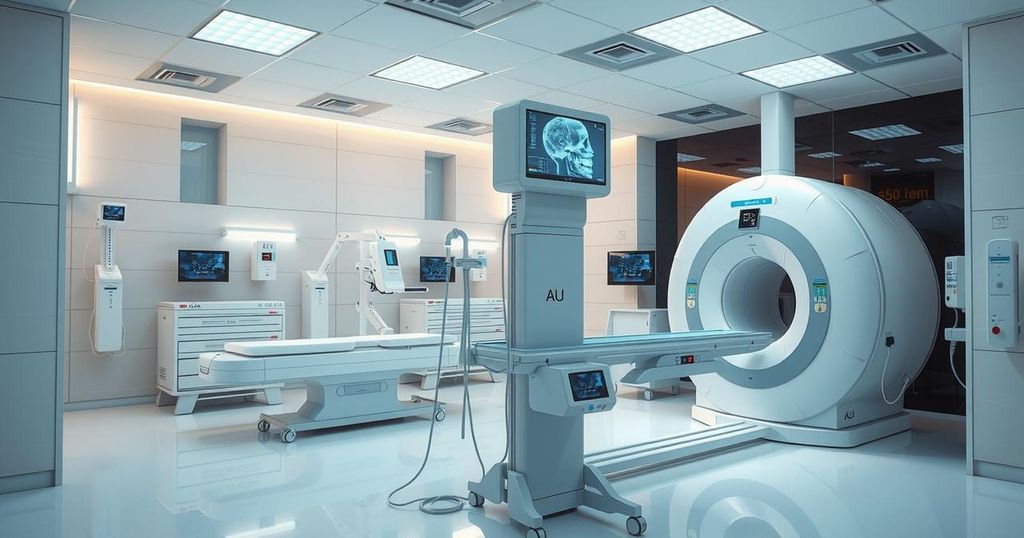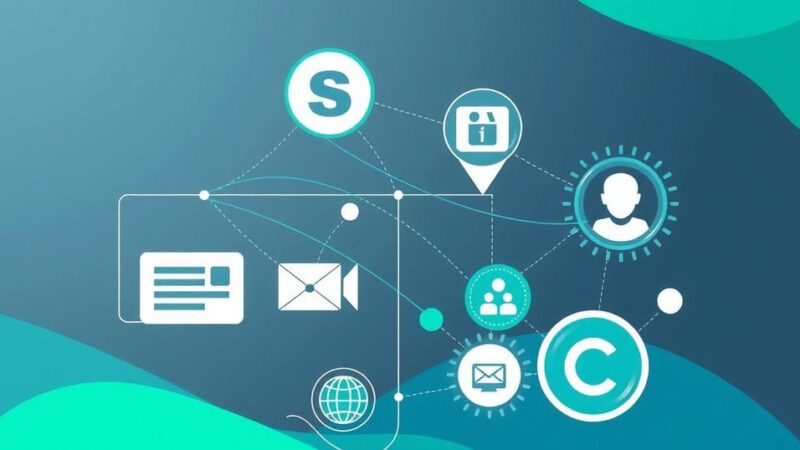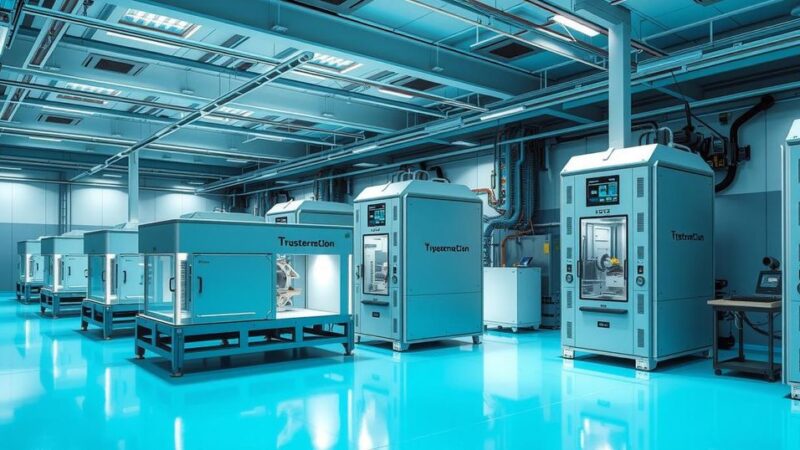Tunisia is developing AI software to assist doctors in reading X-rays and MRIs, which will lead to faster and more accurate diagnoses. A team of engineers, including Karim Beguir, is dedicated to this 100% Tunisian-made project. The AI will help alleviate the workload for radiologists and improve patient care, especially in remote areas. The government is also enhancing regulations to support telemedicine and attract more radiologists to the public health system.
Tunisia is advancing the development of artificial intelligence (AI) software aimed at enhancing the speed and accuracy with which medical professionals evaluate X-rays and MRIs. Health Minister Mustapha Ferjani stated that this innovative technology will facilitate improved disease detection and diagnosis. A dedicated team of Tunisian engineers, including Karim Beguir, founder of InstaDeep, is voluntarily contributing their expertise to create this entirely Tunisian-developed software.
The AI will support healthcare providers by analyzing medical imaging, enabling them to reach quicker and more accurate determinations. This initiative is anticipated to lessen the burden on radiologists and further improve patient care. Additionally, the software will benefit hospitals lacking radiology departments by allowing them to send medical images online for professional evaluation, ensuring that individuals in remote locations receive necessary medical attention.
Recently, Tunisia has enacted new regulations governing telemedicine, streamlining the integration of technology into remote healthcare services. The government is also exploring incentives to attract more radiologists to the public health sector. Minister Ferjani commended the radiologists at La Rabta Hospital for their ongoing contributions in interpreting medical images and educating fellow physicians.
The anticipated AI system is expected to broaden such support across the nation, making medical imaging more efficient and accessible to all.
In conclusion, Tunisia’s development of AI software for analyzing medical images represents a significant leap forward in healthcare technology. By enabling faster, more accurate diagnostics and supporting remote healthcare, this initiative promises to enhance patient care and alleviate the workload of radiologists nationwide. The government’s efforts to regulate telemedicine and promote engagement in the public health system further underscore its commitment to improving healthcare delivery in the country.
Original Source: globalsouthworld.com






